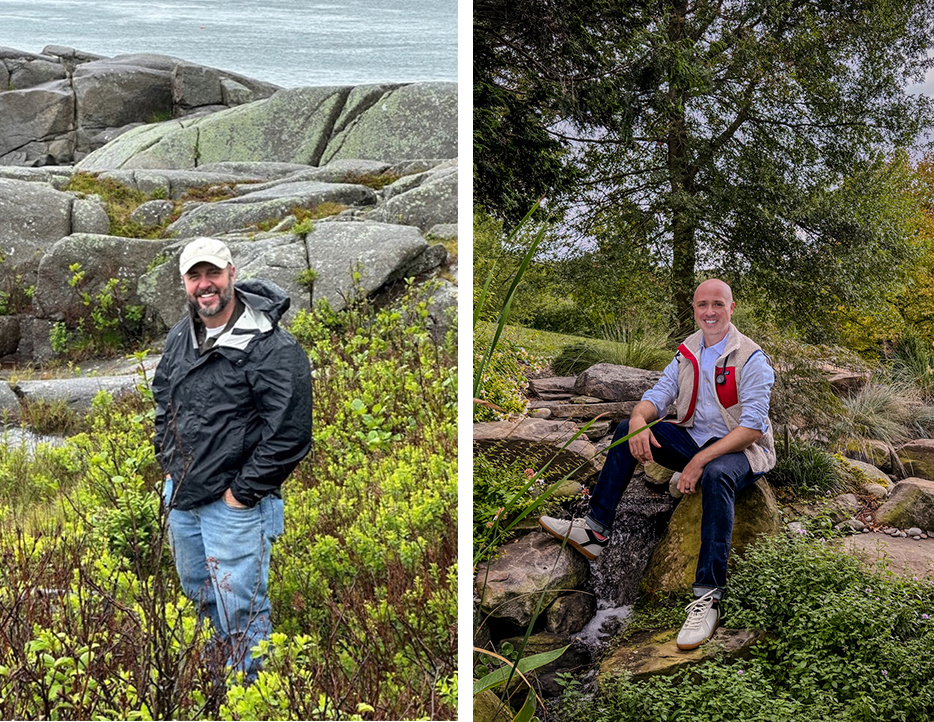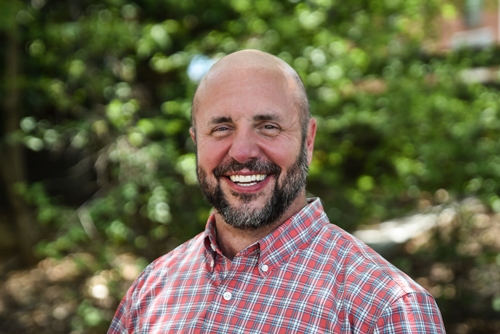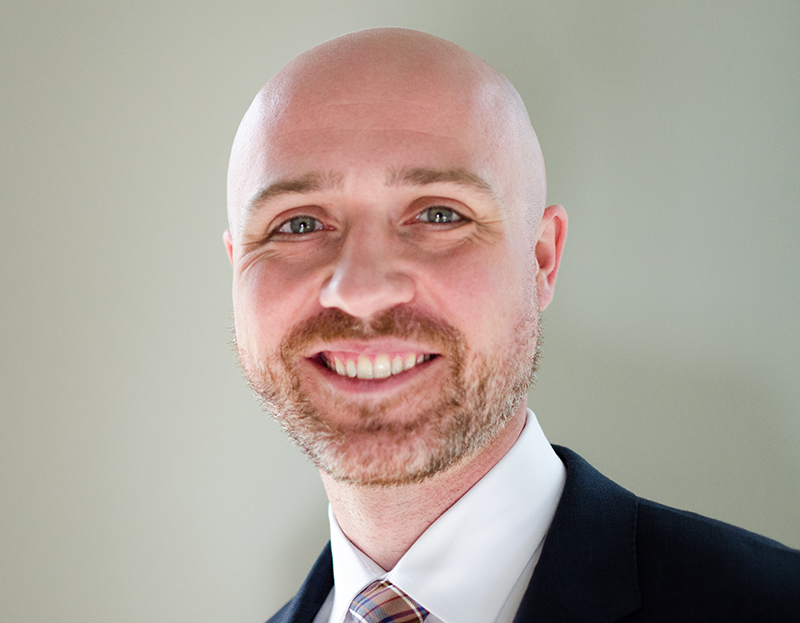In Season 8, Episode 2, host Sarah Thorne and Jeff King, National Lead of the Engineering With Nature (EWN) Program, US Army Corps of Engineers (USACE), welcome back Dr. Christopher Lemon, a physician and Assistant Professor, Department of Emergency Medicine at Johns Hopkins Medicine; Faculty Codirector of Clinical Programs with the Institute for Planetary Health; and Fellow with the Bloomberg American Health Initiative at the Johns Hopkins Bloomberg School of Public Health. In Episode 1, we talked with Chris about his journey to becoming a medical doctor and an expert and thought leader in the emerging field of planetary health. In this episode, we focus on Chris’s association with the Planetary Health Alliance (PHA) and how he and PHA are helping people understand and adapt to the changing conditions posed by climate change and encouraging people to take action.
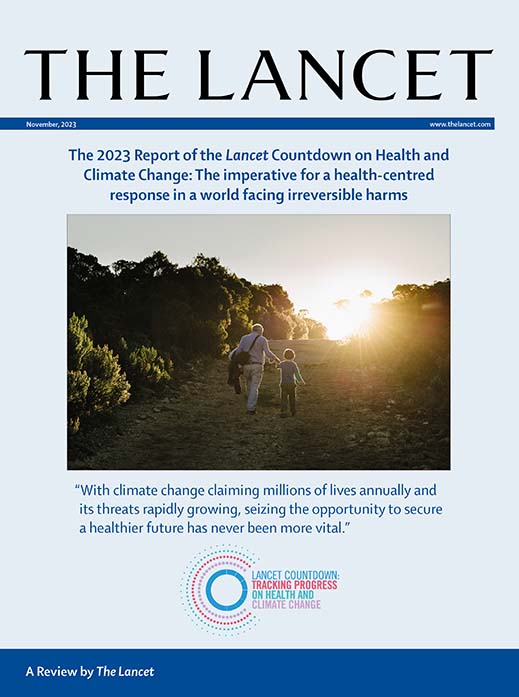
As an emergency physician, Chris is attuned to the need to take action. Noting the impacts of climate change—extreme heat, weather, drought, flooding, and disease—Chris contends that all these complicated situations boil down to the fact that Humanity is a part of this planet and that we will all be affected. “We need to be at the center of these discussions—for our own self-preservation, but also to be alongside the rest of all life on Earth—as we’re talking about how we come to solutions for these things.” He adds, “Our health is already being impacted. So, if you care about yourself, if you care about the health of your family and your loved ones, you need to act now because there is no question everyone is going to be impacted by climate change.”
Citing The 2023 Report of the Lancet Countdown on Health and Climate Change, he describes troubling trends such as heat-related deaths of adults over 65 rising by over 80% percent since the 1990s; increased frequency of heat waves and droughts in recent decades, associated with roughly 127 million more people experiencing moderate to severe food insecurity; and new locations now suitable for the transmission of deadly infections. “These impacts could be an early sign of the future that we have in store. With the projections on the track that they are, I think we’re facing a scenario where things could be potentially catastrophic and devastating, and that also means to our health.”
Much of Chris’s efforts in this area is through his association with the PHA, a consortium of more than 450 universities, nongovernment organizations, research institutes, and government entities from more than 75 countries around the world. The secretariat for this growing global organization is based at Johns Hopkins University. Planetary health is a new discipline launched in 2015. As Chris defines it, “It’s a solutions-oriented transdisciplinary field and social movement focused on analyzing and addressing the impacts of human disruptions on Earth’s natural systems and how that will eventually impact human health, as well as all life on Earth.” Planetary health uses a broad, health lens to understand our interconnections with the environment. Essential to the field of planetary health is the understanding that it’s not just climate change, it’s ‘everything change,’ encompassing the other ways our natural systems are destabilizing due to human influence, such as biodiversity loss, pollution, land use change, water scarcity, nutrient overloading, and marine degradation. These are the environmental changes that are impacting all dimensions of human health, including infectious disease, injury and physical trauma, reproductive health, mental health, chronic diseases, and nutrition. Chris quotes one of the founders of the Planetary Health Alliance, Sam Myers, “If we want to get the treatment right, we have to get the diagnosis right and that means viewing this whole problem from a broader macro lens.”
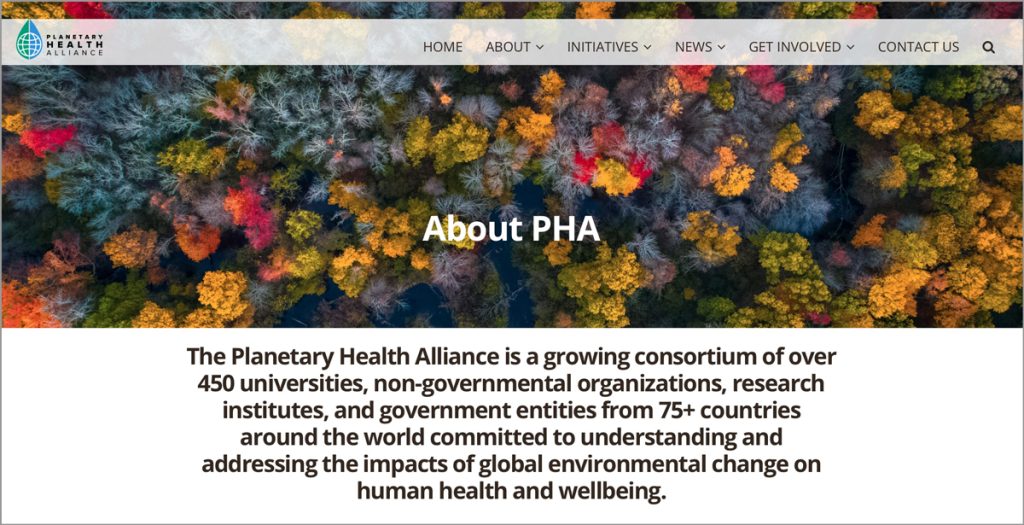
Sarah highlights a recent video by PHA, “The Promise of Planetary Health,” which talks about the disconnect between humanity and the natural world, calling it a “spiritual crisis” where our reverence toward nature has a waning influence on our societal decision making. Chris notes, “The more we listen to, for example, indigenous voices and people who have lived in harmony with natural systems far longer than our industrial revolution, the more we’re starting to realize that nature is the exceptional structure, and humanity is just living in it right now. That also creates this wonderful call to action, this opportunity for us to say, our generation, our decade is now. We have the opportunity to be involved in how we shape the future going forward in light of this existential crisis.”
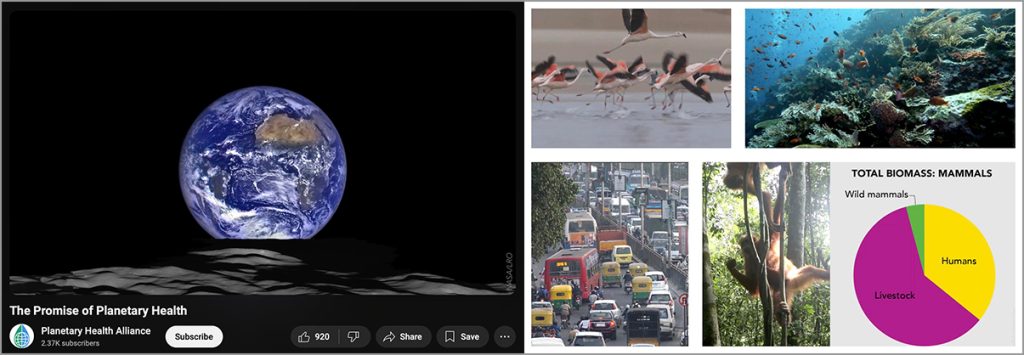
Jeff was intrigued by Chris’s perspective on the role infrastructure plays, particularly natural infrastructure, and how infrastructure can help address the health implications of climate change.
As an example, Chris describes work of the Sunway Center for Planetary Health, part of Sunway University in Malaysia and a PHA member. “The Sunway Center is basically built upon a degraded tin mine. They’re changing the way that we do the built environment to make things walkable, to get people outside. They have plants everywhere. The concept is blurring the lines between what we traditionally think of as human urbanization and nature and making it cross flow.” He adds, “When we talk about infrastructure, I think we need to get nature in front of as many people as possible.”
Chris also notes an example of urban green infrastructure that is a little closer to home for him that he encountered walking through the Inner Harbor of Baltimore. The Harbor Wetland at the National Aquarium demonstrates what natural harbor areas looked like before human development. “The idea is to educate people about what was here before inner city Baltimore and how nature-based solutions can start to bring life back to the bay.” Chris connects this back to his primary role as a physician and his desire to bring the concepts of nature and nature-based systems into the hospital. “I want to find places for these concepts so that people are seeing and learning about these things while they’re experiencing healthcare and making that connection for themselves.” He adds, “When we unlock the connection between contemporary medicine and human systems, we realize how impacted health is by the aesthetics of the surroundings we’re in. Thinking about nature, what other scenario—short of maybe a rave—do you get all of the senses engaged like you do when you’re just out taking a walk through the woods?
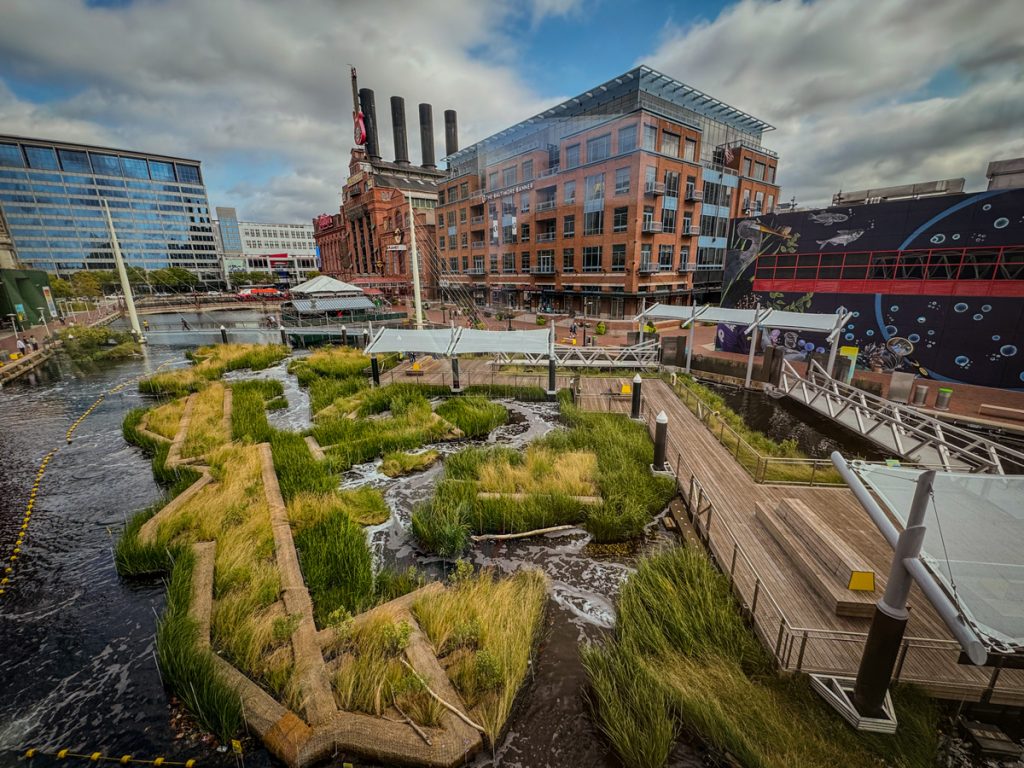
Looking to the future, Chris is excited about the growing movement toward creating space for planetary health. “We’re looking at how do we infuse and incorporate planetary health concepts and competencies into the healthcare curriculum at Johns Hopkins. We’re trying to figure out how we ‘do no harm,’ and also do green healthcare at Johns Hopkins. We’re also excited to talk about development of this new planetary health clinical fellows program at Johns Hopkins. That’s for healthcare providers who want to ramp up and be as expert as they can be regarding planetary health, kind of trying to do what I’m figuring out as I go right now. I’m particularly excited because it’s an opportunity for us to take fellows and connect them to that planetary network around the world.”

Jeff agrees that these actions are critical and urgent to understand and address planetary health in all its dimensions, and he complimented Chris on his efforts and that of the PHA. He invited Chris to put out a call to action to our listeners. Chris suggested listeners go to the PHA website and become a part of the growing community. “This is not a website where you join and it’s just an email that comes out every so often. I am still discovering the complexity of the resources being offered. This alliance is a decentralized community for all stakeholders. We would love to interact and engage with you where you stand, and that means a single person that’s a cog in the big machine. I bet you have a superpower and an expertise that we need in the global community right now.”
